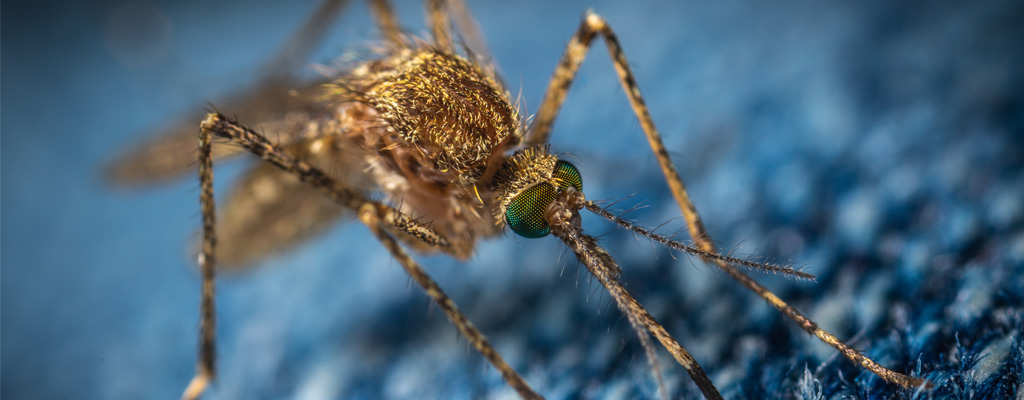Research conducted by:
Cory Henderson, postdoctoral researcher, Rutgers University, Marco Brustolin, senior research fellow. Institute of Tropical Medicine in Antwerp, Shivanand Hegde, postdoctoral research associate, Liverpool School of Tropical Medicine, Gargi Dayama, senior research scientist, Boston University School of Medicine, Nelson Lau, associate professor director, Genome Science Institute, Boston University, Grant L. Hughes, Reader and Wolfson Fellow, Liverpool School of Tropical Medicine, Christina Bergey, assistant professor of genetics, Rutgers, Jason L. Rasgon, professor of entomology and disease epidemiology, Penn State
Tags:
infection Mayaro medical medicine mosquito mosquitoes RNA Transcriptomic virus
Research Summary:
Mayaro virus (MAYV) is a mosquito-borne Alphavirus responsible for outbreaks in South America and the Caribbean. In this study the researchers infected Anopheles stephensi with MAYV and sequenced mRNA and small RNA to understand how MAYV infection impacts gene transcription and the expression of small RNAs in the infected mosquito. The findings suggest that MAYV does induce a molecular response to infection in the mosquito.
How Roar played a role in this research:
Roar was used in the transcriptomatic RNA sequencing data analysis for the study. Raw sequencing data was uploaded to Roar, which performed all computational analyses.
|
Article Title: |
Transcriptomic and small RNA response to Mayaro virus infection in Anopheles stephensi mosquitoes |
|---|---|
|
Published In: |
PLOS Neglected Tropical Diseases |
|
Abstract: |
Mayaro virus (MAYV) is an arboviral pathogen in the genus Alphavirus that is circulating in South America with potential to spread to naïve regions. MAYV is also one of the few viruses with the ability to be transmitted by mosquitoes in the genus Anopheles, as well as the typical arboviral transmitting mosquitoes in the genus Aedes. Few studies have investigated the infection response of Anopheles mosquitoes. In this study we detail the transcriptomic and small RNA responses of An. stephensi to infection with MAYV via infectious bloodmeal at 2, 7, and 14 days post infection (dpi). 487 unique transcripts were significantly regulated, 78 putative novel miRNAs were identified, and an siRNA response is observed targeting the MAYV genome. Gene ontology analysis of transcripts regulated at each timepoint shows a number of proteases regulated at 2 and 7 dpi, potentially representative of Toll or melanization pathway activation, and repression of pathways related to autophagy and apoptosis at 14 dpi. These findings provide a basic understanding of the infection response of An. stephensi to MAYV and help to identify host factors which might be useful to target to inhibit viral replication in Anopheles mosquitoes. View article on publisher's website |

